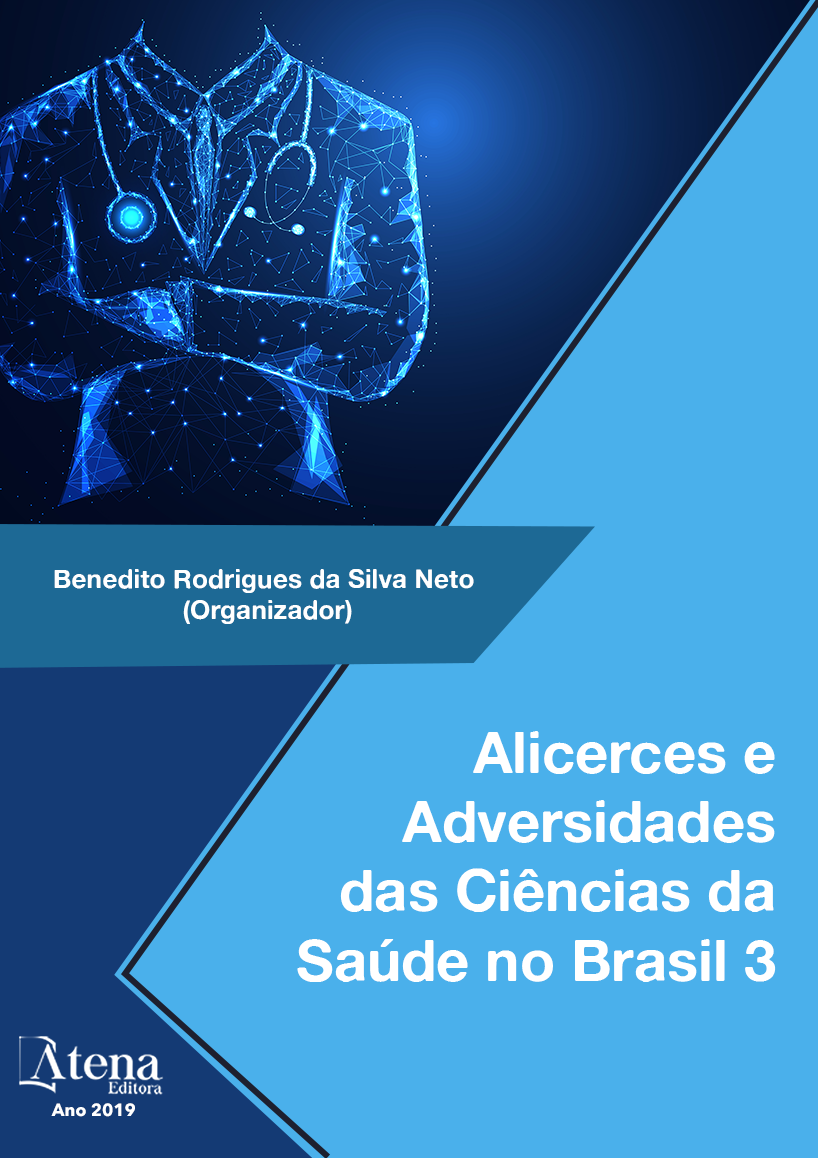
AVALIAÇÃO DOS REFLEXOS PRIMITIVOS DURANTE A CONSULTA DE PUERICULTURA REALIZADA PELO ENFERMEIRO NA ESF
Resumo: O estudo tem como objetivo discorrer acerca da avaliação dos reflexos primitivos pelo enfermeiro durante as consultas de puericultura na Estratégia Saúde da Família. Trata-se de uma revisão bibliográfica de cunho descritivo com abordagem qualitativa, realizada através de pesquisas nas bases de dados da LILACS e MedLine, bem como nos diretórios da BDENF e SciELO, a partir das quais foram angariados 45 estudos. Conquanto, após aplicação dos critérios de inclusão e exclusão, somente 10 artigos compuseram a amostra do estudo. A pesquisa foi realizada entre os meses de junho e setembro de 2018. Durante a consulta de puericultura é imprescindível à avaliação neuropsicomotora da criança, ação esta efetivada pela apreciação dos reflexos primitivos, também chamados de arcaicos, os quais constituem-se como um instrumento útil para averiguar a integridade do sistema nervoso. Dentre os principais reflexos avaliados durante a consulta de puericultura podemos citar: o Reflexo de Moro, Preensão Palmar, sucção, Babinski, Extensão Plantar, marcha e tônico-cervical. Deste modo evidencia-se a importância da assistência em saúde na consulta de puericultura, ato este que pode favorecer a elaboração de diagnósticos precoces, e a constituição em tempo hábil de um tratamento resolutivo, qualitativo e/ou paliativo para a criança. Assim, conclui-se que por meio de um acompanhamento qualitativo e equânime, durante as consultas de puericultura, é possível proporcionar a todas as crianças a chance de atingir todo seu potencial de crescimento e desenvolvimento e, por conseguinte, uma melhor qualidade de vida futura.
AVALIAÇÃO DOS REFLEXOS PRIMITIVOS DURANTE A CONSULTA DE PUERICULTURA REALIZADA PELO ENFERMEIRO NA ESF
-
DOI: 10.22533/at.ed.7201902106
-
Palavras-chave: Palavras-chave: Puericultura. Reflexos primitivos. Enfermeiro.
-
Keywords: Keywords: Well- child care. Primitive reflexes. Nurse.
-
Abstract:
Abstract: This study aims to discuss the evaluation of primitive reflexes by nurses during well-child care consultations in the Family Health Strategy. This is a descriptive literature review with a qualitative approach, conducted through searches in the databases of LILACS and MedLine, as well as in the directories of BDENF and SciELO, from which 45 studies were collected. However, after applying the inclusion and exclusion criteria, only 10 articles comprised the study sample. The survey was conducted between June and September 2018. During the well-child care consultation it is essential to the neuropsychomotor assessment of the child, an action that is effected by the appreciation of primitive reflexes, also called archaic reflexes, which constitute a useful tool to ascertain the integrity of the nervous system. Among the main reflexes evaluated during the well-child care consultation we can mention: the Moro Reflex, Palmar Grip, suction, Babinski, Plantar Extension, gait and cervical tonic. Thus, the importance of health care in childcare consultation is evidenced, an act that may favor the elaboration of early diagnoses, and the timely constitution of a resolute, qualitative and / or palliative treatment for the child. Thus, it is concluded that through qualitative and equitable monitoring during well-child care consultations, it is possible to provide all children with the chance to reach their full potential for growth and development and thus a better future quality of life.
-
Número de páginas: 15
- Ana Maria Machado Borges
- Andréa Couto Feitosa
- Ozeias Pereira de Oliveira
- Jackeline Kérollen Duarte de Sales
- Chesla de Alencar Ribeiro
- Victor Hamilton da Silva Freitas
- Isabelly Rayane Alves dos Santos
- Gilberto dos Santos Dias de Sousa
- Hercules Pereira Coelho
- Janayle Kéllen Duarte de Sales


